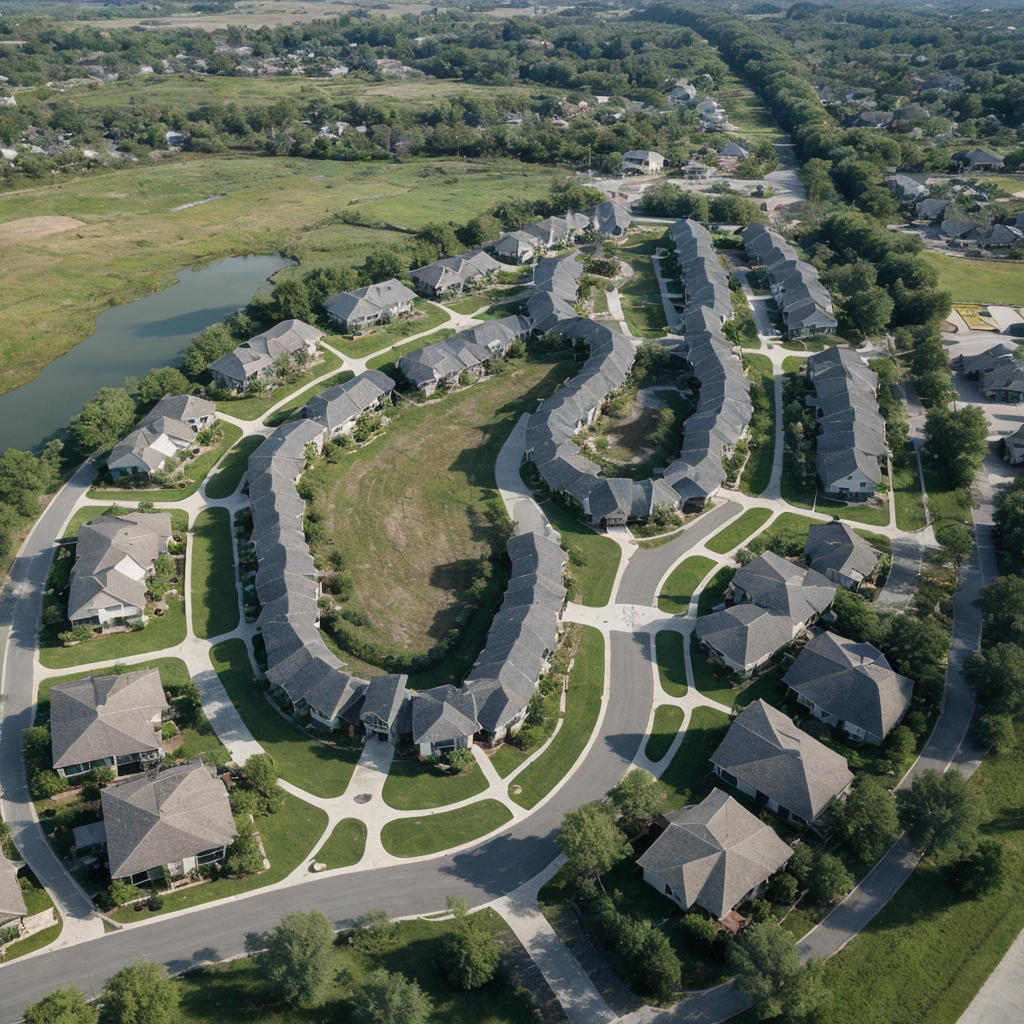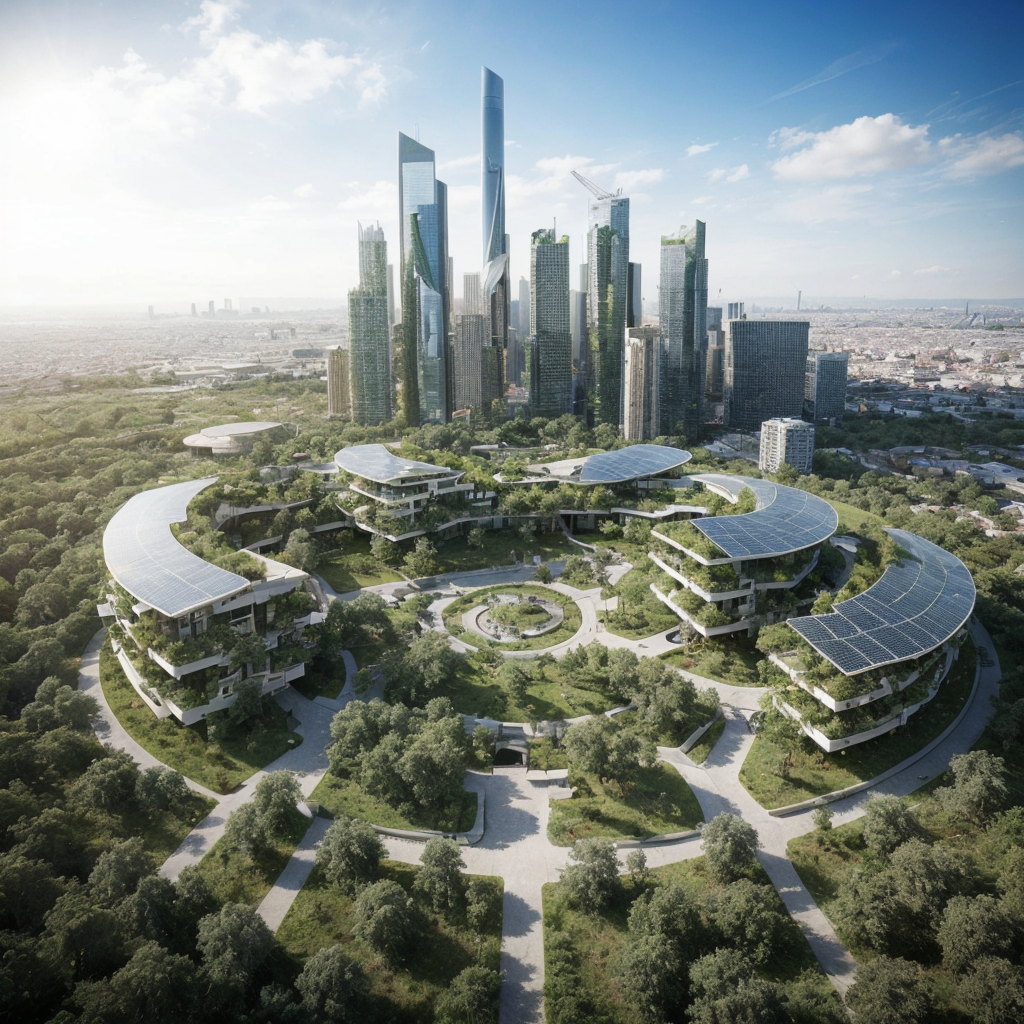In the evolving landscape of global industries, the construction sector stands out for its rapid integration of sustainability practices. As environmental regulations tighten and consumer preferences shift towards eco-friendly products, the use of sustainable materials in construction is not just a trend—it’s a necessity. Surprisingly, sustainable construction can reduce overall project costs by up to 11%, demonstrating that what is good for the earth can also be good for the wallet.
In this blog post, we will explore how materials such as laminated bamboo, Medium-Density Fiberboard (MDF), Polyvinyl Chloride (PVC), and sustainably harvested wood are making significant inroads in the construction industry. We’ll delve into the benefits and applications of each material, highlighting how they contribute to a more sustainable future and the role Coastal Custom Products plays in this transformative movement.
The Rise of Sustainable Materials in Construction
The shift towards sustainable materials in construction is driven by a growing awareness of the environmental impact of traditional building practices. Materials like laminated bamboo, Medium-Density Fiberboard (MDF), Polyvinyl Chloride (PVC), and sustainably harvested wood are at the forefront of this revolution. These materials not only help in reducing the carbon footprint but also offer superior durability and cost-effectiveness, making them increasingly popular among architects and builders.
Spotlight on Sustainable Materials
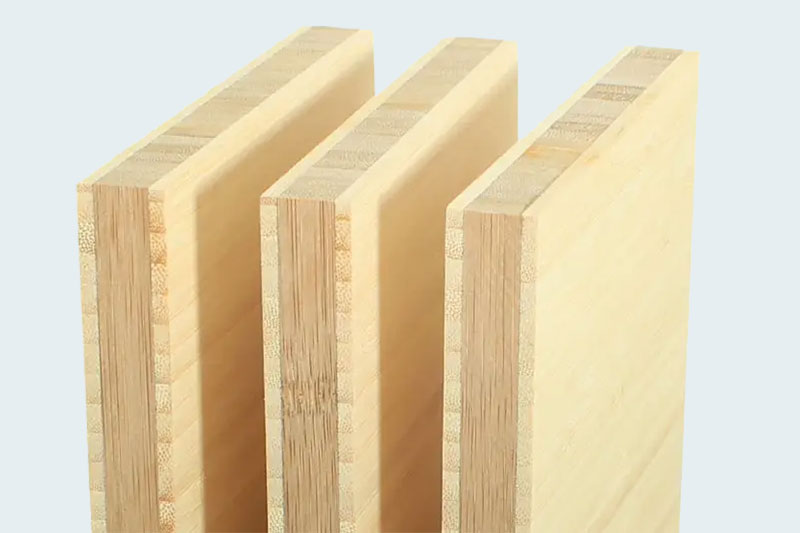
Laminated Bamboo
Laminated bamboo is celebrated for its remarkable strength and flexibility, often compared to hardwood but with a greater renewable profile. It grows rapidly, reaching maturity in just three to five years, and its cultivation requires no fertilizer, pesticides, or much water. Furthermore, bamboo sequesters carbon at a higher rate than many trees, enhancing its environmental appeal. Its application ranges from structural beams to stylish flooring.
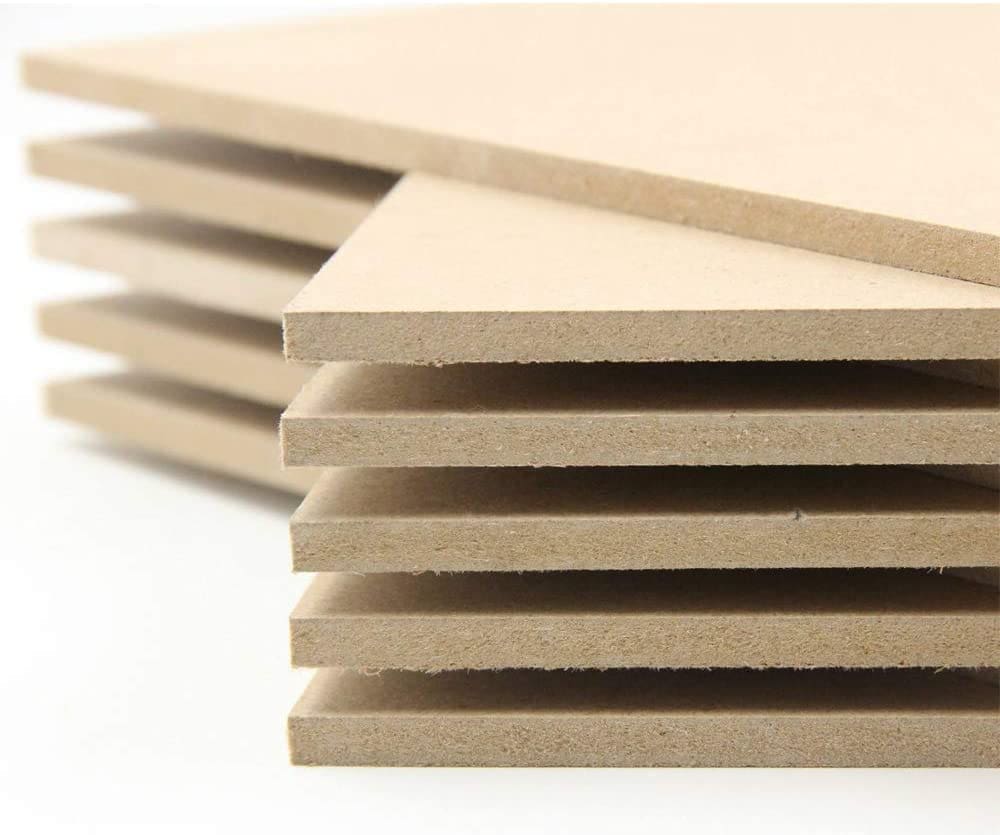
MDF Products
Medium-Density Fiberboard is an engineered wood product made by breaking down hardwood or softwood residuals into wood fibers. The sustainability of MDF can be enhanced by using recycled wood as a raw material or by employing resins that are free from formaldehyde, thereby reducing harmful emissions. MDF is widely used for cabinetry and furniture, providing a smooth finish that is ideal for painting.
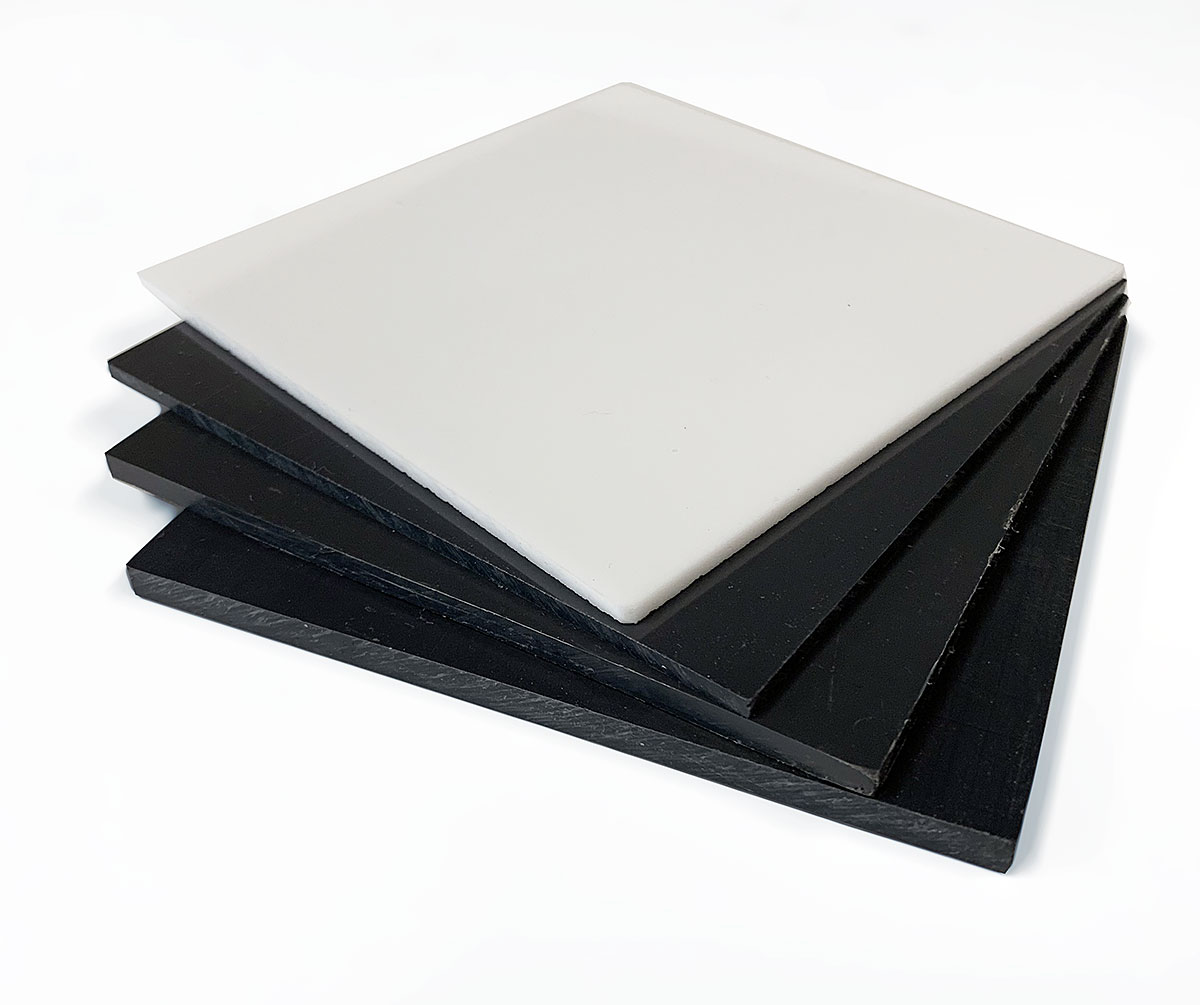
PVC Products
PVC is a plastic that has been adapted to meet modern environmental standards through improvements in its production and recycling processes. Sustainable PVC formulations exclude toxic stabilizers and are highly recyclable, promoting a closed-loop system in the construction industry. PVC's durability and resistance to weathering make it suitable for window frames and piping systems

Sustainably Harvested Wood
Sustainably harvested wood comes from forests managed to maintain their biodiversity, productivity, and ecological processes. This approach helps in mitigating climate change and protecting ecosystems. Wood products from these sources are certified to assure consumers of their sustainability. Uses include everything from building frameworks to aesthetic elements like flooring and paneling.
Coastal Custom Products: Leading by Example
At Coastal Custom Products, sustainability isn’t just a part of our product line—it’s embedded in our mission. As a forward-thinking company, we are committed to advancing the use of eco-friendly and sustainable materials in the construction industry. Our focus is on developing and supplying high-quality laminated bamboo, eco-friendly MDF products, advanced PVC solutions, and sustainably harvested wood.
While our innovative products are still beginning to make their mark on the industry, our vision is clear. We aim to demonstrate that sustainable materials can meet and even exceed the performance and aesthetic qualities of traditional construction materials. By pushing the boundaries of what is possible with environmentally responsible products, we hope to inspire a shift in the industry and prove that sustainability can be at the core of modern construction practices.
Through diligent research and development, we are constantly exploring new ways to enhance the sustainability of our products. This includes improving manufacturing processes, ensuring responsible sourcing, and increasing the life cycle of the materials we use. Coastal Custom Products is not just selling materials; we are fostering a movement towards a greener future in construction.
Conclusion
The construction industry stands at a crossroads, where choosing the path of sustainability could lead to significant environmental, economic, and social benefits. Embracing sustainable materials is not only a response to increasing regulatory pressures and market demands but a proactive step towards a more resilient and eco-friendly world. By integrating materials such as laminated bamboo, MDF, PVC, and sustainably harvested wood into construction projects, we can significantly decrease the environmental footprint of our buildings and improve their overall sustainability.
We encourage all stakeholders—from architects and developers to homeowners and policymakers—to consider the long-term benefits of sustainable materials. Adopting these materials can lead to more energy-efficient buildings, reduced waste, and a substantial reduction in environmental degradation. Moreover, by supporting companies that prioritize sustainability, consumers can drive the industry toward greener practices.
At Coastal Custom Products, we remain dedicated to our role as pioneers in the use of sustainable materials. We are committed to continuous innovation, ensuring that our products not only meet but set new standards for environmental responsibility in the construction industry. As we look to the future, we invite you to join us in this important endeavor. Together, we can construct a world that values sustainability as the cornerstone of progress and prosperity.
Let us all contribute to building a greener, more sustainable future—one project at a time.

